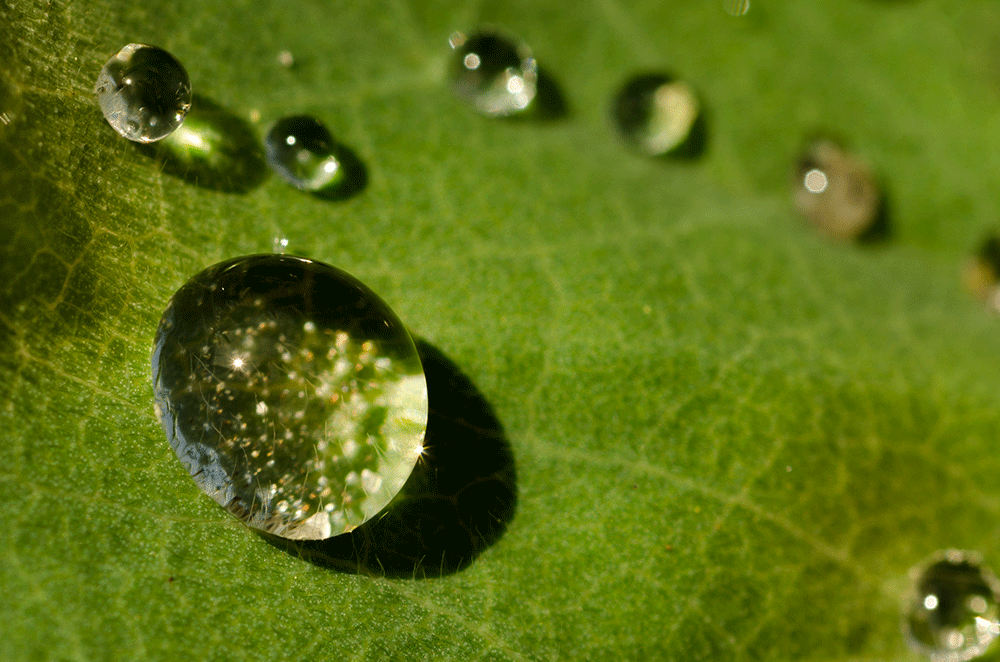
Image: CC0 Public Domain
A new collaborative study from Delft University and École Polytechnique Fédérale de Lausanne (EPFL) shows a highly-efficient, simple way to produce hydrogen through solar water-splitting at a low cost.
The team of researchers, including 2016 PRiME Plenary speaker Michael Graetzel, state that by using Earth-abundant catalysts and solar cells, effective water-splitting systems could sustainably produce affordable hydrogen.
Graetzel, known for his low-cost, high-efficiency solar cell that won him the 2010 Millennium Technology Grand Prize, helped lead the effort by separating the positive and negative electrodes using a bipolar membrane, leading to a simple yet effective new method.
Hydrogen economy
The technology behind water-splitting is essential in an economy shifting toward more hydrogen use as alternative fuels. While efficient methods of generating hydrogen do currently exist, the techniques used to produce the gas consume large amounts of fossil fuels.
Moving toward a hydrogen economy could help alleviate the effects of climate change, but only if the means used to produce the gas are also sustainable. This is where water-splitting comes in.

